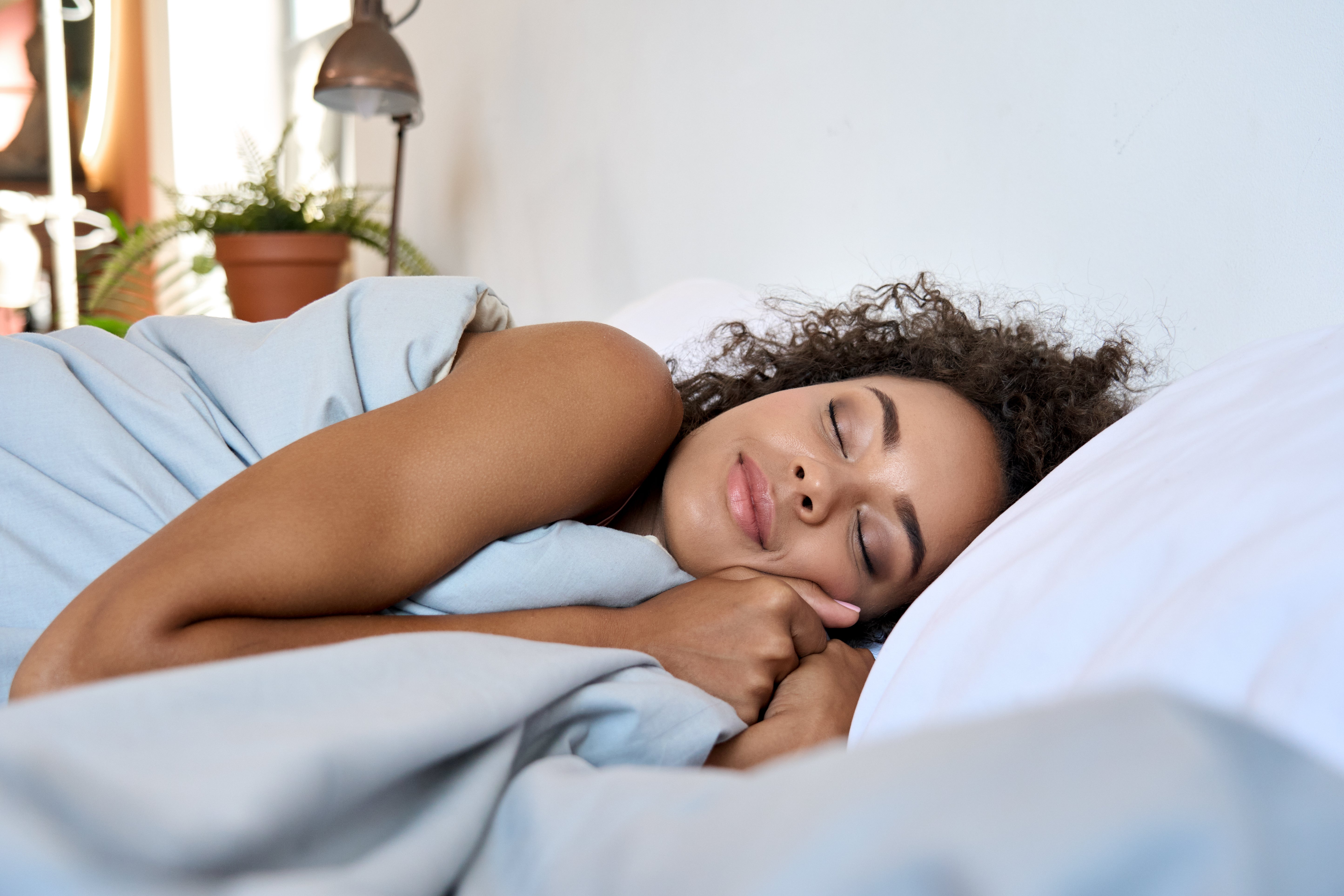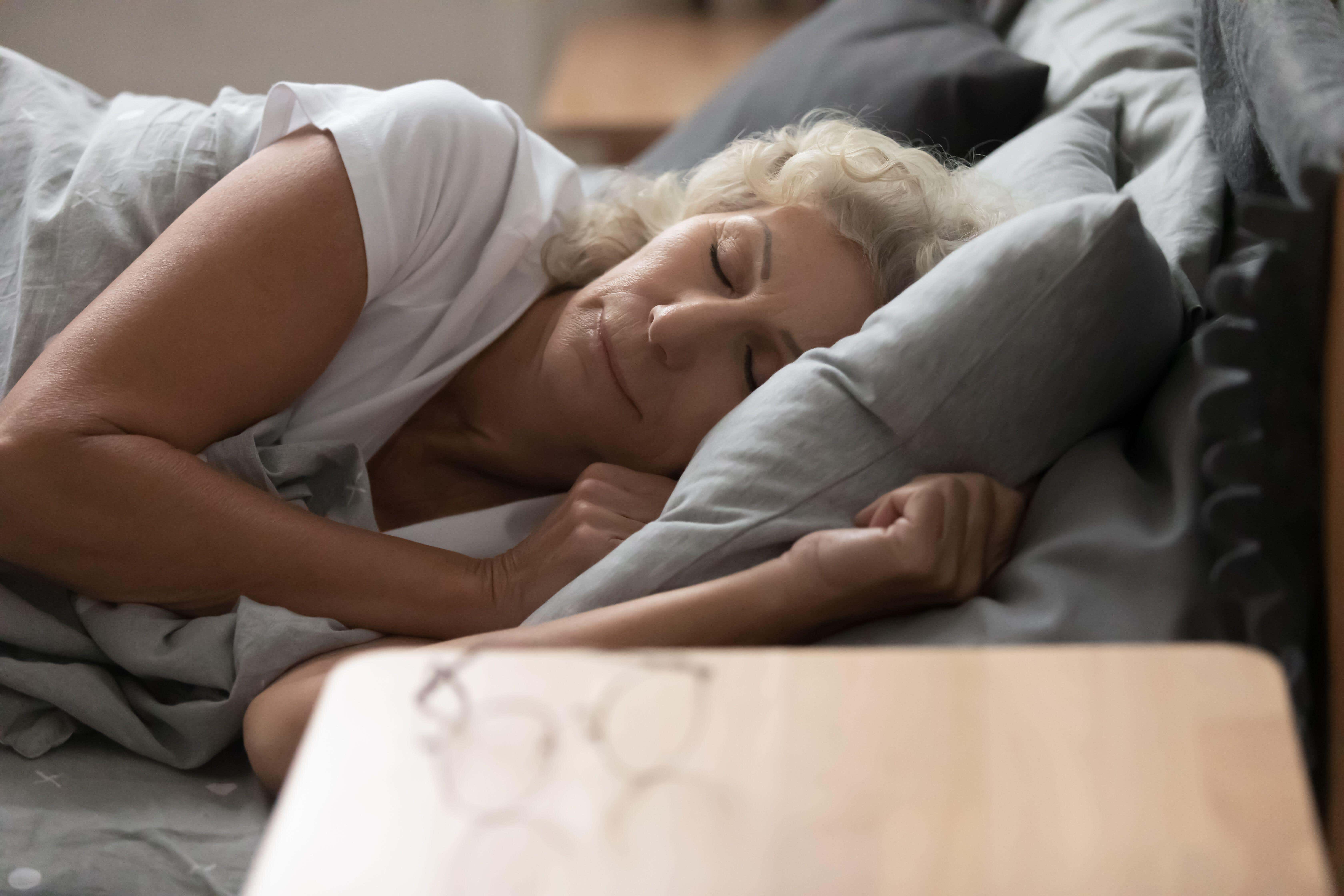How lack of sleep increases risk of getting infections
Research by the University of Bergen in Norway found that those who slept less than six hours a night were 27 per cent more likely to have had an infection in the past three months

Sleeping for less than six hours a night could increase your risk of getting infections, a study suggests.
Research by the University of Bergen in Norway found that those who slept less than six hours a night were 27 per cent more likely to have had an infection in the past three months compared to those getting enough sleep - the recommended seven to eight hours a night.
According to the study, published in the Frontiers in Psychiatry journal, people getting less than six hours of sleep were 92 per cent more likely to have had a stomach bug involving vomiting or diarrhoea. Meanwhile, those with insomnia were 41 per cent more likely to have had a UTI.

Researchers asked 1,848 people in GP surgeries in Norway how much sleep they got each night on average. Participants were also asked if they had suffered a respiratory infection such as a cold, or a stomach bug, urinary tract infection (UTI), skin or eye infection, or another type of infection in the previous three months.
Although the study may have been too small to provide many clear trends between lack of sleep and specific infections, researchers believe that sleeping the recommended amount could reduce infections.
Dr Ingeborg Forthun, who led the study from the University of Bergen in Norway, said: “Sleep is important not only for people’s wellbeing, but also for their health, including their body’s ability to fight an infection.
“Increased awareness of the importance of sleep is needed in the general public and among physicians.”
Amongst the study’s other findings were that almost 54 per cent of people surveyed in doctors’ surgeries had suffered an infection in the past three months.
Also, those who slept less than six hours were 57 per cent more likely to have been given antibiotics in the previous three months.
However, researchers also found that those who reported sleeping for more than nine hours were 44 per cent more likely to have had an infection than people sleeping seven to eight hours a night.
Previous studies have found people infected with a cold virus are more likely to actually get a cold, having failed to fight the virus off, if they are deprived of sleep.
Meanwhile, there is some evidence suggesting that too little sleep makes the immune system less able to fight off an infection, but more research is needed.
Recent research suggested that getting good sleep could see men live almost five years longer, and women more than two years longer, than men and women who sleep badly.
A 2022 study published in the Sleep journal found that experiencing good quality sleep is more important than getting the recommended amount of sleep for keeping illnesses at bay.
Read more: Best mattress
Join our commenting forum
Join thought-provoking conversations, follow other Independent readers and see their replies
Comments


Bookmark popover
Removed from bookmarks